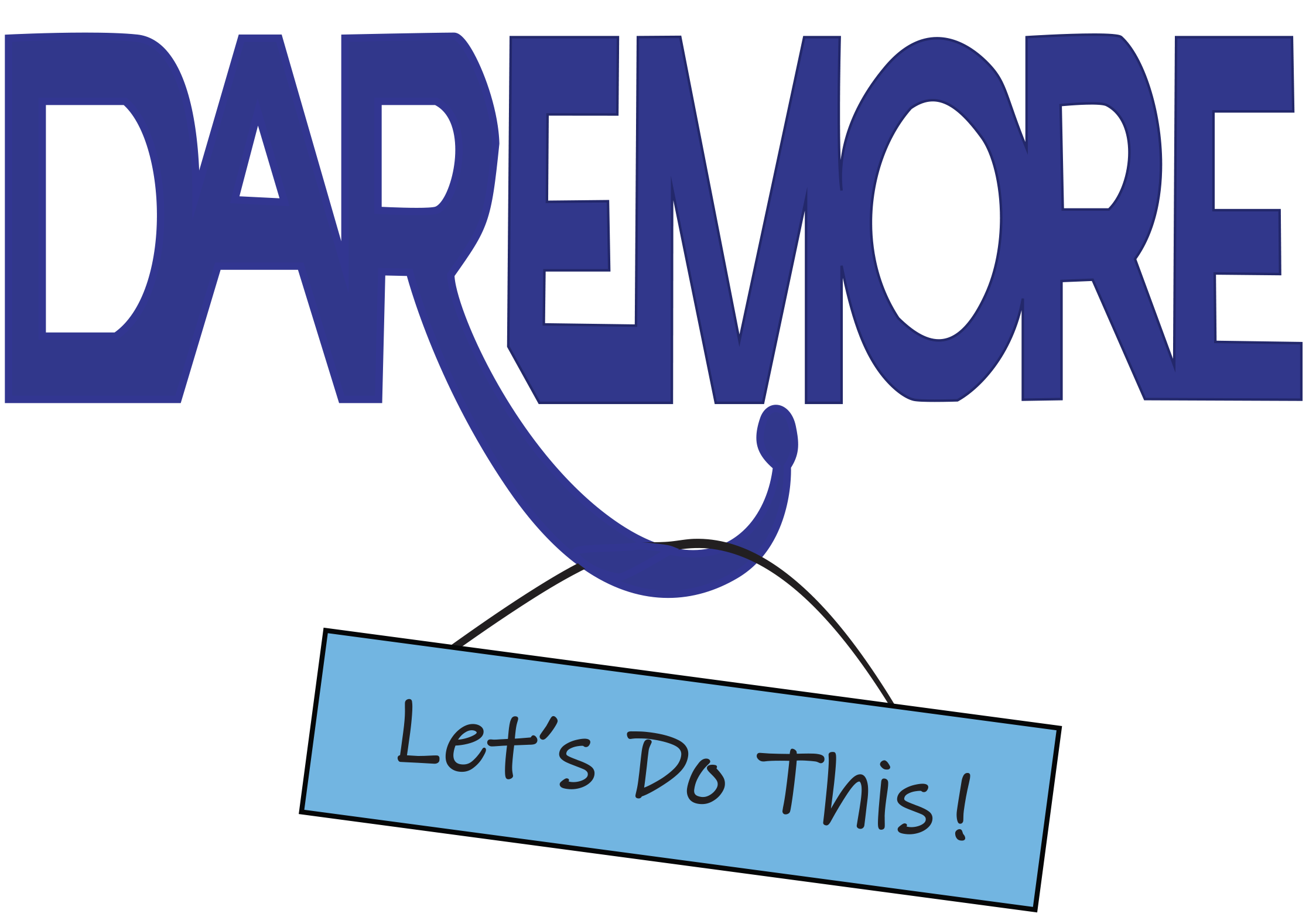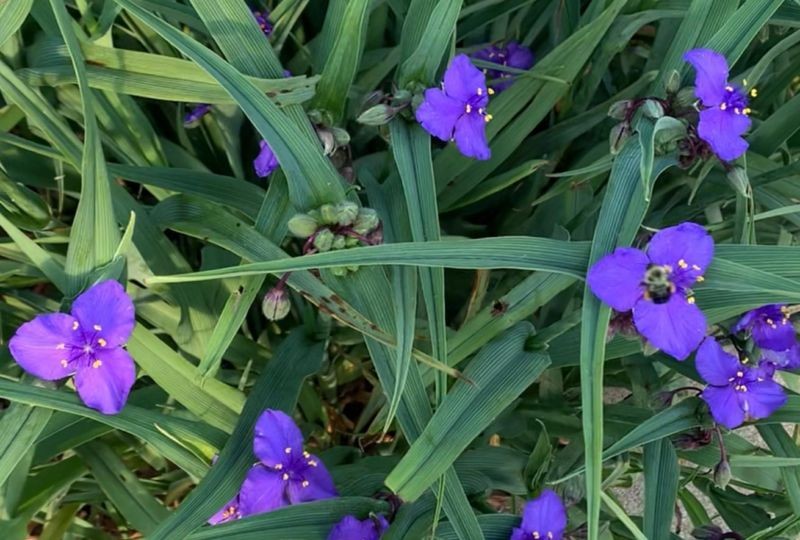Â
It is a gorgeous spring morning. The kind we Midwesterners dream of all winter long. I stand looking at the spiderwort plants. Bees love them. They buzz from one flower to the next. Bees are fascinating. I am not surprised they are often a symbol for work. There is a great deal we can learn from bees. But do bees find meaning in their work? Scientists are currently studying the bee’s brain. But that is an unanswerable question.
Over the decades, I have worked with many people who struggle to answer that question about their lives. Does my life have meaning? Well, I have come to a startling conclusion. We are here on planet Earth to help each other. I say startling because this is such a simple statement. One could say it is even obvious. My work in observing people has led me to this conclusion. The happiest people are helping others. Conversely, the unhappiest people are not engaged in helping others.
Help takes many forms. As many as there are people. Don created machinery that produced objects that we need. My friend Donna is a retired librarian. She still finds joy in assisting others to find satisfying books. Geoffrey Lowe pulls together other musicians and creates music for us to be entertained.Â
There are many unique ways of helping.
I share my ideas in a woman’s circle. Kris, a circle member, says something that is so true. “We human beings complicate everything.” She is right! What if it is this simple? We are here to help one another. When we lose that awareness, we lose track of the value of our actions. Our days become heavy and empty. When we remember it, things begin to fall into place. If we are here for money, prestige or popularity, life becomes hollow.
Yes, of course there are those times when we need help ourselves. We cannot be available to others every moment. Helpers need to keep filling their own cup. That is a topic for another time. I am not suggesting that our every moment be dedicated to assisting others. That is unsustainable. But knowing our purpose gives context to our actions. It brings meaning to how we live.
This leads me to thoughts of Morrie Schwartz. He was a sociology professor diagnosed with ALS. We might assume from Morrie’s condition he was unable to be there for anyone else. Mitch Albom, sports reporter, and his former student began visiting Morrie. Their visits taught Mitch valuable life lessons. Morrie’s main message: “Giving is living.” Mitch became a better person and a best-selling author. Their shared moments brought meaning to the professor’s final days. It put Mitch on a new path. He now has more than ten programs helping people all over the world.
When our heart is open there are endless ways of helping.
Like bees, we may be unaware of how our actions touch others. We underestimate the contributions we already make. Not realizing the impact of our actions does not make them any less important. If our unsuspecting bees do disappear so does about a third of our food. I would miss apples, almonds, and strawberries. These tasty delights along with other foods would disappear with the bees.
What you do makes a difference. You may not always be aware of the contribution you are making to others. The next time you wonder about your purpose, I offer this simple statement. I am here to help others. Try that on. See how it feels. In my worldview the question is not, “What is my purpose?” It is another simpler question…
How can I help?

